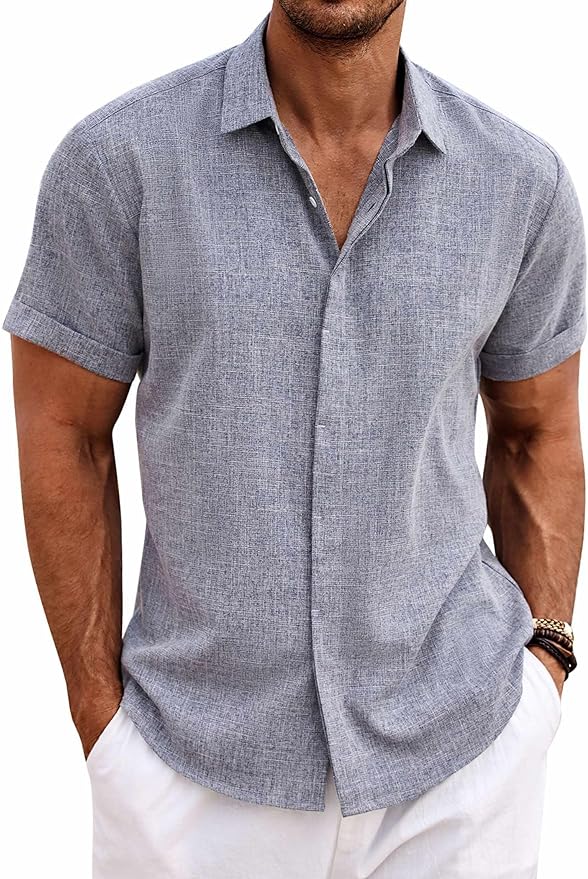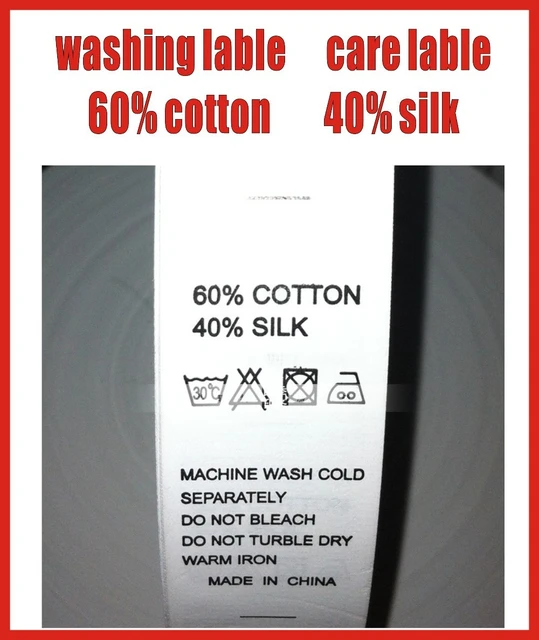Hiking is an activity that requires suitable attire for comfort and practicality. Linen, a natural fabric, has been gaining attention for its properties. But is it a good choice for hiking?
Is linen good for hiking? Linen is a lightweight, breathable, and moisture-wicking fabric, making it a suitable choice for hiking in warm weather. It also has antimicrobial properties, which can help keep you feeling fresh during long hikes.

However, linen does tend to wrinkle easily and may not provide as much insulation in cooler temperatures. Overall, it can be a good choice for hiking in certain conditions, but it’s important to consider the weather and terrain before deciding on your attire.
Properties of Linen
Linen is derived from the flax plant and possesses several characteristics beneficial for hiking:
Breathability
Linen is a natural fiber that is known for its breathability. This allows air to circulate through the fabric, keeping the wearer cool and comfortable, making it an excellent choice for strenuous hikes or other outdoor activities.
Moisture-Wicking Capabilities
Linen is a great choice for hikers because it has impressive moisture-wicking properties. Despite its lightweight nature, it can absorb sweat and keep hikers dry and comfortable during their outdoor adventures.
Durability
While not as robust as synthetic fabrics, linen is durable enough for moderate hiking trails, offering reliability for outdoor activities.
Linen fabric, while not as durable as synthetic fabrics, is still a good option for moderate hiking trails. It offers enough durability to withstand outdoor activities and provide reliability for your adventures.
Factors to Consider
Comfort
Linen’s soft texture provides comfort during long hikes, reducing the risk of chafing or irritation.
Linen’s natural fibers are known for their breathability and moisture-wicking properties, making it an ideal choice for outdoor activities like long hikes.
The soft texture of linen helps to reduce the risk of chafing or irritation, providing comfort and support for extended periods of physical activity.
So, if you’re planning a long hike, consider wearing linen to stay comfortable and avoid any discomfort.
Functionality
Hiking attire should not only be comfortable but also functional. Linen’s breathability and moisture-wicking capabilities contribute to its functionality on the trail.
Linen is a great choice for hiking attire because it offers breathability and moisture-wicking properties, making it comfortable and functional for long hikes.
Its natural fibers allow air to flow through, keeping you cool and dry, while its moisture-wicking capabilities help to draw sweat away from the skin.
This makes linen a great option for staying comfortable and dry on the trail.
Sustainability
For environmentally-conscious hikers, linen presents a sustainable option as it is biodegradable and requires minimal resources for cultivation compared to synthetic fabrics.
Linen is a great choice for environmentally-conscious hikers because it is biodegradable and requires minimal resources for cultivation compared to synthetic fabrics.
This makes it a sustainable option for those who are looking to reduce their environmental impact while enjoying the great outdoors.
Additionally, linen has natural moisture-wicking properties, making it a comfortable and practical choice for hiking.
Comparison with Other Fabrics
Linen vs. Cotton
Linen is a superior choice for hiking apparel compared to cotton because it has better moisture-wicking abilities and is more durable.
While both fabrics are breathable, linen surpasses cotton in these important areas, making it the ideal choice for outdoor activities.
Linen vs. Synthetic Fabrics
Synthetic fabrics like polyester may offer advanced moisture management and durability, but they often lack the natural feel and eco-friendliness of linen.
Synthetic fabrics like polyester are known for their advanced moisture management and durability, making them ideal for activewear and outdoor activities.
However, they may lack the natural feel and eco-friendliness of linen, which is a sustainable and biodegradable fabric.
Linen is also highly breathable and has natural moisture-wicking properties, making it a great choice for warm weather and sensitive skin.
So, while synthetic fabrics have their benefits, it’s important to consider the natural feel and environmental impact when choosing between the two.
Advantages of Linen for Hiking
Comfort in Warm Weather
Linen’s breathability and moisture-wicking properties make it an excellent choice for hiking in hot weather, ensuring hikers remain cool and comfortable throughout their journey.
Moisture Management
Linen efficiently absorbs moisture, preventing the discomfort caused by sweat buildup during intense hikes, thus enhancing the overall hiking experience.
Eco-Friendliness
For those prioritizing sustainability, linen’s biodegradability and low environmental impact make it a preferred choice over synthetic fabrics.
Disadvantages of Linen for Hiking
Wrinkling
One downside of linen is its propensity to wrinkle, which may not be ideal for hikers seeking a pristine appearance on the trail.
Limited Color Options
Compared to synthetic fabrics, linen may offer a more restricted range of colors and patterns, limiting the choices for hikers with specific preferences.
Durability Concerns
While durable, linen may not withstand rugged terrain as well as some synthetic materials, requiring careful handling to prevent damage.
Tips for Hiking with Linen Apparel
To optimize the performance of linen hiking apparel, consider the following tips:
- Follow care instructions provided by manufacturers to maintain the fabric’s integrity.
- Utilize layering techniques to adapt to changing weather conditions, maximizing the versatility of linen garments.
Testimonials from Hikers
Many hikers have shared their positive experiences with linen hiking apparel:
“I swear by linen shirts for hiking; they keep me cool and comfortable even on the hottest days.”
- Jake, Avid hiker
Conclusion, Is Linen Good for Hiking?
In conclusion, linen can be a suitable choice for hiking apparel, offering a blend of comfort, breathability, and sustainability. While it may have some drawbacks such as wrinkling and limited color options, its benefits outweigh the negatives for many outdoor enthusiasts. With proper care and consideration, linen garments can enhance the hiking experience, providing hikers with comfort and functionality on the trail.
FAQs for Is Linen Good for Hiking?
Are linen hiking clothes expensive?
While linen apparel may be slightly more expensive upfront, its durability and performance make it a worthwhile investment for hikers.
Can linen withstand rough terrain?
How should I care for my linen hiking apparel?
Follow the care instructions provided by the manufacturer, typically involving gentle washing and air drying to maintain the fabric’s integrity.


